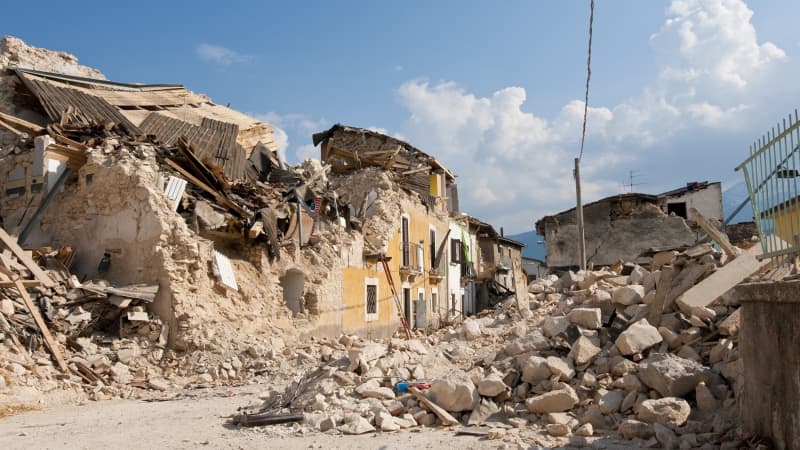Coping with the aftermath of two catastrophic earthquakes: Part Two – Turkey

Turkey and Syria experienced two catastrophic earthquakes on February 6th. The first one was at 4.17 AM with a magnitude of 7.8 and the second one was at 1.24 PM with a magnitude of 7.7 on the same day. The aftershocks continued in the following three weeks, the strongest had a 6.3 magnitude on 20 February. Despite extensive devastation and the loss of tens of thousands of lives, Turkey and Syria continue to cope with a severe humanitarian crisis.
Senior lecturer Dr. Pelin Ayan Musil and Alumna Huzan Balay have come forward to share their account of this disaster with the AAU community, describing their experiences and discussing the impact that the earthquakes have had on the lives of people in Turkey and Syria, respectively. Below is the account from Senior lecturer, Dr. Pelin Ayan Musil.
I thought I woke up on a regular Monday on February 6, 2023 and was shocked to see the news of the earthquake in southeast Turkey and Syria. The announced magnitude, 7.8, seemed huge… I immediately got in touch with my close friends and family members. None of them luckily live in that region. At around noon on February 6, 2023, we were appalled by the news of the second big earthquake.
My generation is familiar with the devastating 1999 Izmit earthquake, which remained the deadliest for us until that day. That earthquake had claimed the lives of around 30,000 people and had a magnitude of 7.6. When I heard the news of the latest earthquake on February 6th, I really hoped that it wouldn’t be on a similar scale.
As the day progressed, I read that nearly 11 provinces in Turkey had been impacted by the earthquakes. On February 7th, I initially thought that the earthquake was of a similar magnitude to the one that occurred in 1999. However, it wasn’t until February 8th that I fully realized the true extent of its severity. Turkey hadn’t experienced a natural disaster of this magnitude in more than a century. The destruction was particularly devastating in the southernmost province of Turkey, Hatay, where several culturally significant districts with historical monuments and buildings seem to have vanished. Seeing the damage in other provinces of Turkey as well as Syria was equally heartbreaking. On social media, especially on Twitter, people were pleading for help and requesting the search and rescue teams to arrive as soon as possible. Although the official death toll from the disaster stands at around 55,000 as of writing this article (excluding Syria), reports from the ground and the number of missing persons suggest that the actual number of fatalities may be closer to 100,000.
I assume it was emotionally difficult for any Turkish citizen (living abroad or in Turkey) to follow the news and events around this time. But the most important thing for those who have witnessed this catastrophe from a distance is to know that the initial shock has subsided for the people living in the region. It is only now that they are experiencing sorrow and the challenges of life. They will require physical and psychological aid for a prolonged period. The collapsed infrastructure will take time to repair and renovate, while the residents will need temporary housing and support to rebuild their lives. The students in the area must be able to continue their studies, and the people will need new employment opportunities to utilize their vocational skills. Despite the challenges, many of these individuals are eager to return to their hometowns once things are back to normal.
At AAU, I was heartened to learn that two students took the initiative to collect donations for the earthquake-affected region and sent them through the Turkish embassy within the first two weeks of the disaster. Moreover, a group of faculty members and AAU alumni mobilized and issued a call for solidarity to the AAU community in support of the earthquake victims. This letter was disseminated by the management in the AAU’s emailing list on March 2, 2023. Some AAU alumni have personal connections with the affected areas; they may give better advice on how to help. Nonetheless, I want to reiterate the influential networks and humanitarian organizations currently active in Turkey and Syria, and to whom donations can be sent. These organizations were also mentioned in the solidarity letter to the AAU community on March 2, 2023.
The aftermath of the earthquakes is still felt throughout the regions of Turkey and Syria, should you like to help or donate, please go through one of the organizations listed: